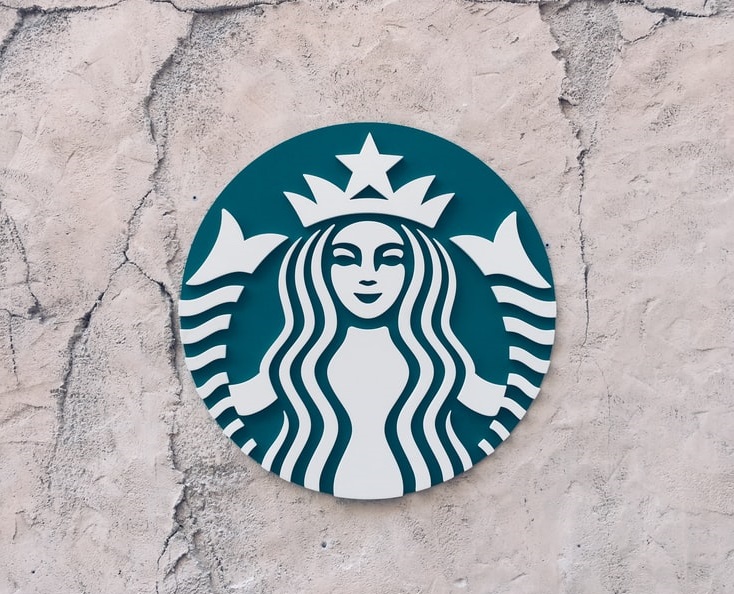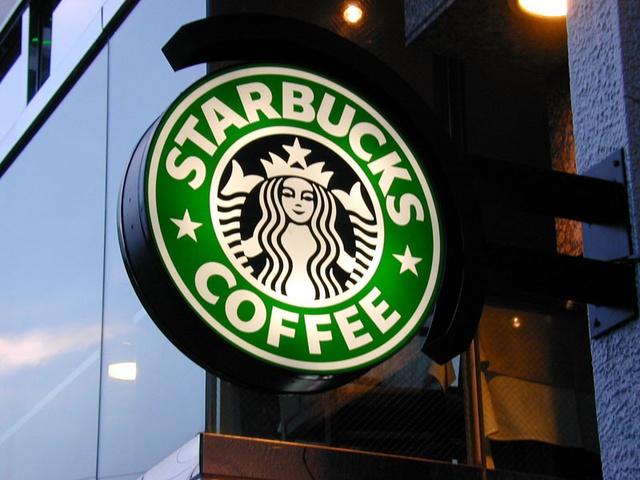The lawsuit claims that a half-dozen of Starbucks’ “Refreshers” advertise fruity flavors, yet contain no trace of their namesake ingredients.
A federal court has refused to dismiss a complaint alleging that Starbucks deceived consumers by suggesting that its “Refresher” beverages contain real fruit products.
According to The New York Post, a U.S. district court has held that the plaintiffs may continue to pursue nine causes of action against the popular coffee chain, with two counts stricken from further consideration.
Starbucks, notes the Post, had earlier asked the court to dismiss every count in the complaint.
The decision comes more than a year after the lawsuit was first filed, and nearly 11 months after it was last amended.

In it, attorneys say that Starbucks inappropriately marketed six different types of Refresher-brand drinks, constituting “false and deceptive practices.”
The Refresher drinks named in the lawsuit include the following flavors:
- Mango Dragonfruit Lemonade
- Mango Dragonfruit
- Strawberry Acai Lemonade
- Strawberry Acai
- Pineapple Passionfruit Lemonade
- Pineapple Passionfruit
“Starbucks has marketed the Products with the names of specific fruits, representing to its customers that the Products, which are supposed to be fruit-based beverages, contain those advertised fruits,” the lawsuit alleges, adding that none of the aforementioned Refreshers are actually made with mango, passionfruit, or acai.
“Despite their names, and unbeknownst to consumers, the Mango Dragonfruit and Mango Dragonfruit Lemonade Refreshers contain no mango, the Pineapple Passionfruit and Pineapple Passionfruit Lemonade Refreshers contain no passionfruit, and the Strawberry Acaí and Strawberry Acaí Lemonade Refreshers contain no acaí,” the lawsuit alleges. “Further, all of the products are predominantly made with water, grape juice concentrate, and sugar.”
The Mango Dragonfruit and Mango Dragonfruit Lemonade Refreshers, for instance, are purportedly made from a special base—a base that includes water, sugar, white grape juice concentrate, natural flavors, citric acid, green coffee flavor, and stevia, but not, apparently, any noticeable trace of mango.
Starbucks, however, insists that the lawsuit is without merit.
“The allegations in the complaint are inaccurate and without merit,” a Starbucks spokesperson recently told FOX Business. “We look forward to defending ourselves against these claims.”
However, while the court has yet to rule on the merits of the lawsuit, the judge overseeing the case did opine that the names of the drinks, taken alongside related marketing campaigns, could have caused a “significant portion” of consumers to “be misled.”
Starbucks maintains that its Refreshers’ names “accurately describe the flavors as opposed to the ingredients,” and that any “potential consumer confusion would be dispelled by information available from Starbucks’ baristas.”
Sources
A New Starbucks Lawsuit Claims Popular Refresher Drinks Are Missing One Key Ingredient: Fruit
Starbucks facing lawsuit over refresher fruit drinks
Starbucks’ fruitless attempt to dismiss lawsuit against Refresher drinks is denied
Starbucks Is Facing Legal Trouble Over Missing Fruit In Its Refreshers
Starbucks to face lawsuit claiming its fruit drinks are missing fruit


Join the conversation!